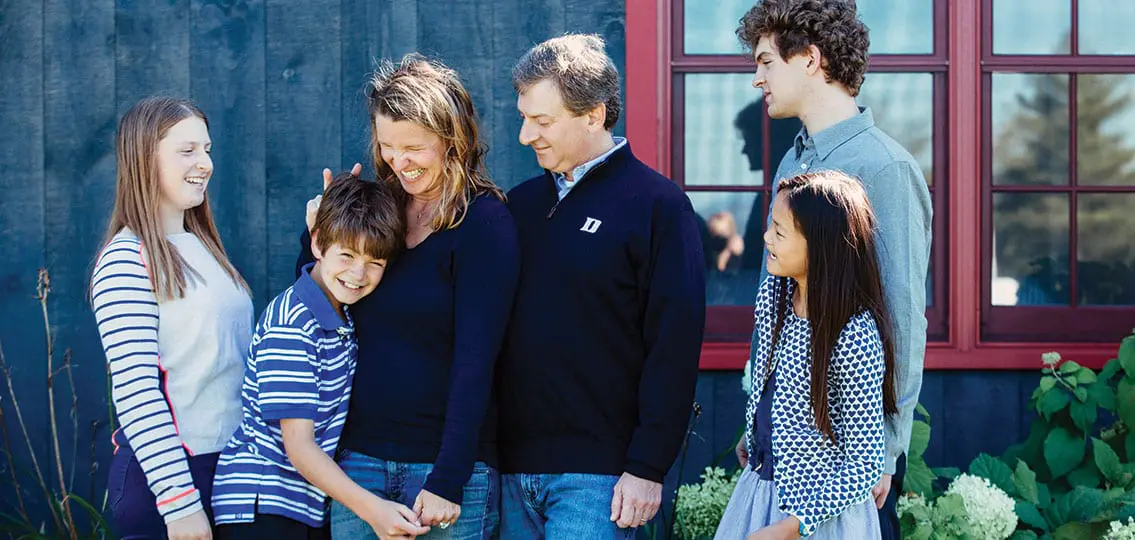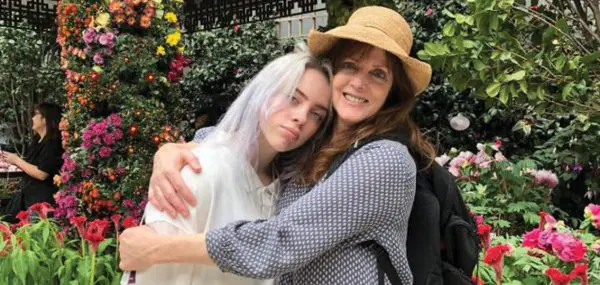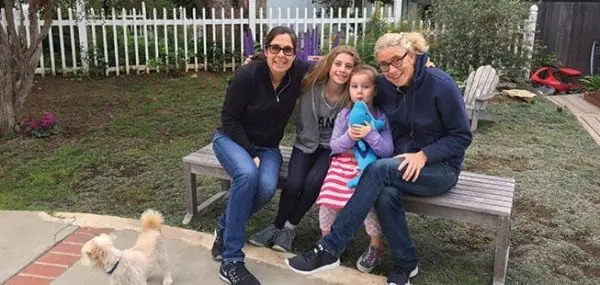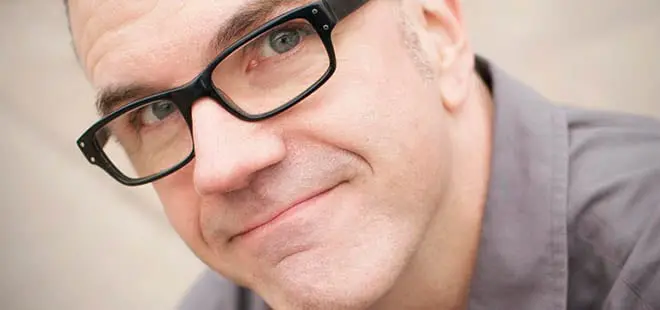For years, KJ Dell’Antonia was the editor of the popular New York Times parenting blog, Motherlode. In her professional life and in her personal life as a mother of four kids ages 12 to 17, she kept returning to the same question: Why aren’t we parents happier? That question, and the answers she found, are at the center of her new book, How to Be a Happier Parent, in which she covers parenting pain points like chores, mornings, screen time, and more.
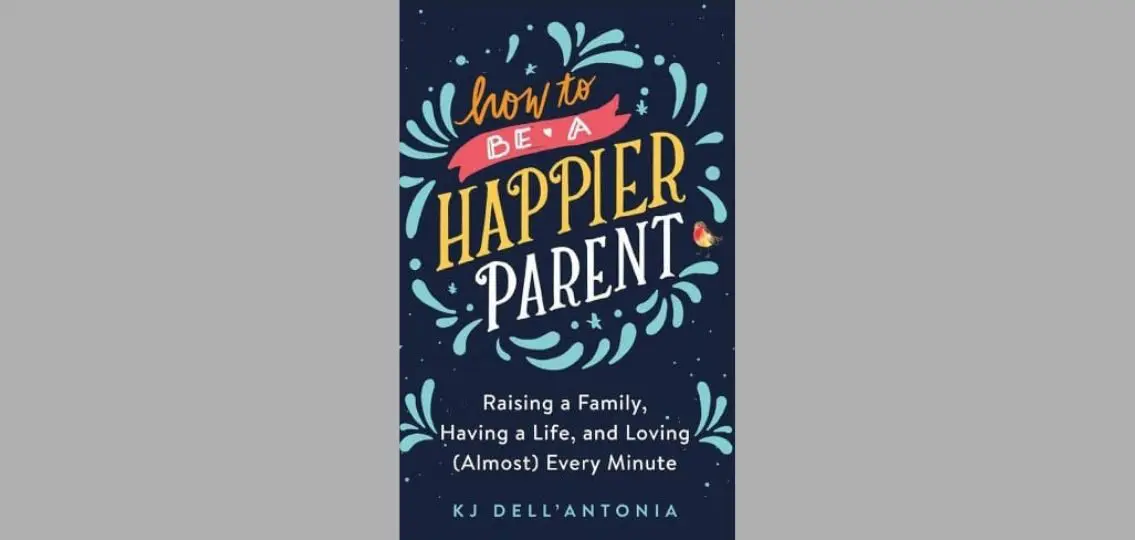
Q: I want to start by saying How to Be a Happier Parent is a brilliant book. What was the impetus for the book?
Dell’Antonia: It was this funny combination of writing about the world of family and reading essays by people who felt very frantic and anxious. I have four kids. When I started at Motherlode [at the New York Times], the oldest was 10. The most recent addition to the family had only been around for a couple of years—we adopted our second-youngest child when she was four. We were really in the thick of that sort of running and trying to figure out how we’re going to make dinner, and how they can all play one sport—forget it if they wanted to play more than one sport, which some did.
I wanted to write about it. I thought about the things I could do to make parenting more fun. But I was looking at lists, and I’m like, “I don’t want to do fun things. I hate fun things. I don’t want to do anything else; I just want the things I’m doing to suck less.”
It was the book that I wanted to read and also the book that I wanted to write.
Q: What are some of the things that you tried that worked and didn’t work?
Dell’Antonia: At our house, we really keep coming back to the chore thing. The first is that you want them to clear their dishes. The second is that it would be nice if you didn’t have to nag them and remind them every single time.
You’re going to have to toss the second goal. Just let it go. Stop feeling bad about it: “Oh my goodness, I cannot even raise a child who can pick socks up off the floor in the kitchen.” You’ve got to go, “That’s every kid. That’s every family. My job is to get the kid to pick the socks up, even if I have to do that every day for 12 years.” That’s how it is.
Q: What other systems did you try?
Dell’Antonia: We messed around with mornings a lot. I realized what I really wanted was for everyone, including me, to have a relatively pleasant start to the day even though we have to get up earlier than anyone wants to. I can’t control that piece of it, and I can’t control what they do in the morning.
They can be testy. I get it. I hate getting up in the morning. But I can let the things that are making them testy be their problem. One moment it dawned on me that if they’re late for school, it means nothing to me. I go home and work.
That whole screaming fit I was having when we screeched up to the drop-off and they opened the door and I screamed after them, “I told you that you were going to be late,” and drove off in a fury—that was completely unnecessary.
I could just be like, “Man, I’m sorry you can’t find your sneakers. Have a Pop-Tart.” I didn’t have to join them in that chaos. If they’re late, they’re late. Somebody else even punishes them for me. It’s really the best thing.
Q: How is homework at your house?
Dell’Antonia: It is totally their problem. My husband and I do next to nothing, including for the child that has learning needs. We really stay out of, “I know you have something due tomorrow. Is it done?”
Sometimes things end badly. My senior’s college application story is, “I got a lot better,” not, “I have been great the whole time.”
Sometimes I think, “Maybe I should have done more.” But the other thing I keep telling people, and telling myself, is that we want them to learn this while they’re under our roof, not their freshman year of college.
Q: How does our kids’ happiness affect our happiness as parents?
Dell’Antonia: It’s okay to get happier when they’re happy. But the thing that I mostly talk about is taking on their burdens. They are often just bringing them to you to dump them. When they bring home something that went wrong, if we also take it on, then we join them in this huge emotional reaction.
Instead, we should be there to show them that not making the 5th grade soccer team is not a life-ending catastrophe. When your friend makes you miserable, you make cookies and you go on the next day. It’s going to be okay. We’re there to put these events and these tragedies that are large for a kid or a teenager into an adult perspective that says there’s another test, another girlfriend, another college.

Of course, we will ache for them, but it’s okay to be able to look at your own life and go, “I am solid here. I am a refuge for them, if it comes to that, but I’m also okay.” I’m not trying to propose that if your kid is going through a divorce, you’re not supposed to be unhappy for them. We need to just own that it’s their thing.
